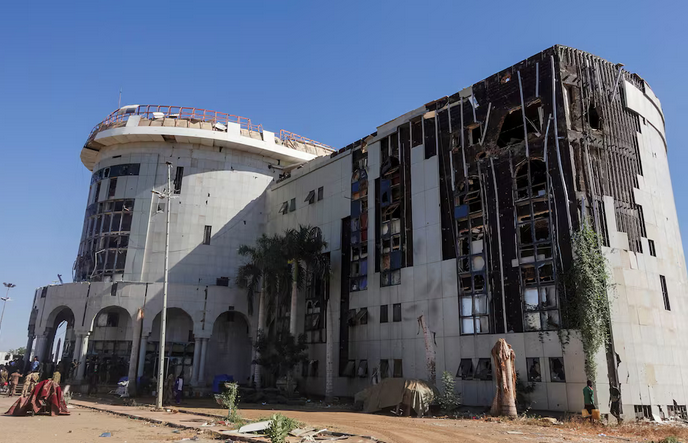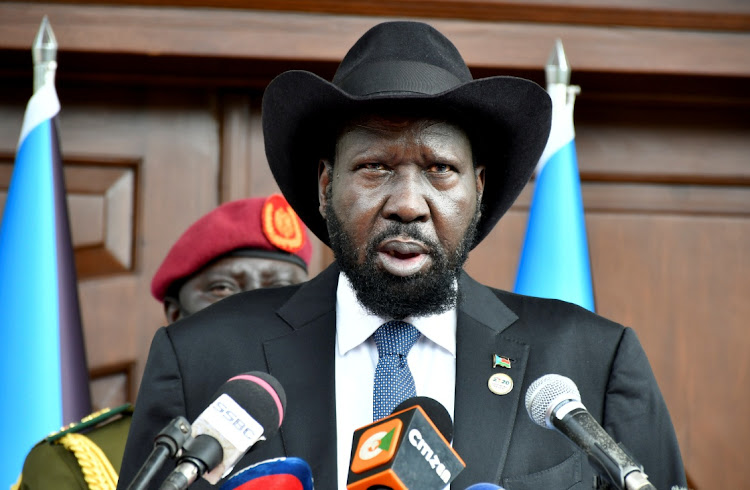South Sudan’s President Salva Kiir has dismissed the governor of Upper Nile State, a region where clashes between government forces and an ethnic militia have intensified. Kiir accuses the militia of aligning with his political rival, First Vice President Riek Machar.
The escalating conflict adds to tensions between the two leaders, which flared after the White Army militia forced government troops to retreat from the strategic town of Nasir, near the Ethiopian border. In response, Kiir’s government arrested several officials from Machar’s SPLM-IO party, including the petroleum minister and the deputy head of the army.
The growing standoff has raised concerns that South Sudan, the world’s youngest nation, could plunge back into conflict just seven years after emerging from a brutal civil war that claimed hundreds of thousands of lives.
In a decree broadcast on state television late Wednesday, Kiir removed Upper Nile Governor James Odhok Oyay, a member of SPLM-IO, and replaced him with Lieutenant General James Koang Chuol, a native of Nasir.

The decision sparked backlash from SPLM-IO, which had already partially withdrawn from the 2018 peace agreement in protest over the recent arrests.
“The removal of Oyay constitutes another unilateral action and a severe violation of the Revitalised Peace Agreement,” Machar’s spokesperson Puok Both Baluang said in a statement, referring to the 2018 accord.
In response, Information Minister Michael Makuei accused Machar’s party of undermining the peace deal, telling Reuters that Oyay was “sacked in order to bring peace” to Upper Nile State.
The government has accused SPLM-IO of ties to the White Army, a militia largely composed of armed ethnic Nuer youths who fought alongside Machar’s forces in the 2013-2018 civil war against predominantly ethnic Dinka troops loyal to Kiir. SPLM-IO has denied the allegations.
Fighting in and around Nasir has already displaced 50,000 people since late February, according to the United Nations, which has warned that the situation is worsening. was “on the brink of relapse into civil war”.


